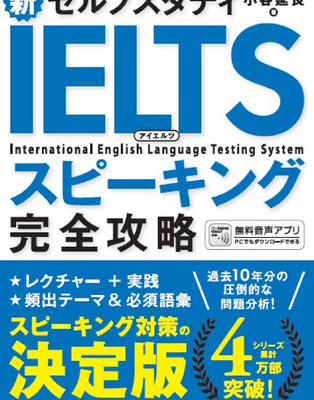A 'Polished' Response - IELTS Exam Speaking Practice.
23rd August 2023

I have met many students over the course of my teaching career for whom attaining the necessary grade in their IELTS exam can lead to life-changing opportunities. For most people IELTS is a prerequisite for entering university, be it for undergraduate or postgraduate study. However, in many instances some students have to take the exam several times because they have missed the grade they need and often by just 0.5. Not only does this cost a lot of money, but such students often have other work or study commitments alongside their exam preparation. Having to re-take the exam can cause a significant amount of additional stress.
As a teacher I’m constantly striving to find ways to help my IELTS students achieve exam success first time round or the next time they take the exam, if they have already attempted it. When teaching IELTS speaking, I keep in mind the speaking examiners’ assessment criteria: fluency and coherence, lexical resource, grammatical range and accuracy, and pronunciation.
Last year I was asked by a Japanese English language university lecturer and author to contribute materials to a new book he was compiling. The book is a self-study guide to help Japanese students prepare for the speaking paper of the IELTS exam. Part of my task was to prepare model spoken-style responses to a range of exam-type questions for parts one to three.
Because I was keenly aware that students would be studying the responses closely, I put myself in the candidate’s shoes and imagined myself being asked the questions in the exam room. It should be remembered that the exam is a performance of a candidate’s English language ability, so responses need to showcase this. It is of course true that the book presents spoken words in written form and the examples were not in fact produced under exam conditions. However, studying such examples can help a student formulate appropriate responses which would impress an examiner.
It goes without saying, the speaking part of the exam is not like having an ordinary conversation with someone, so responses need to be “polished” to attain the higher scores.

